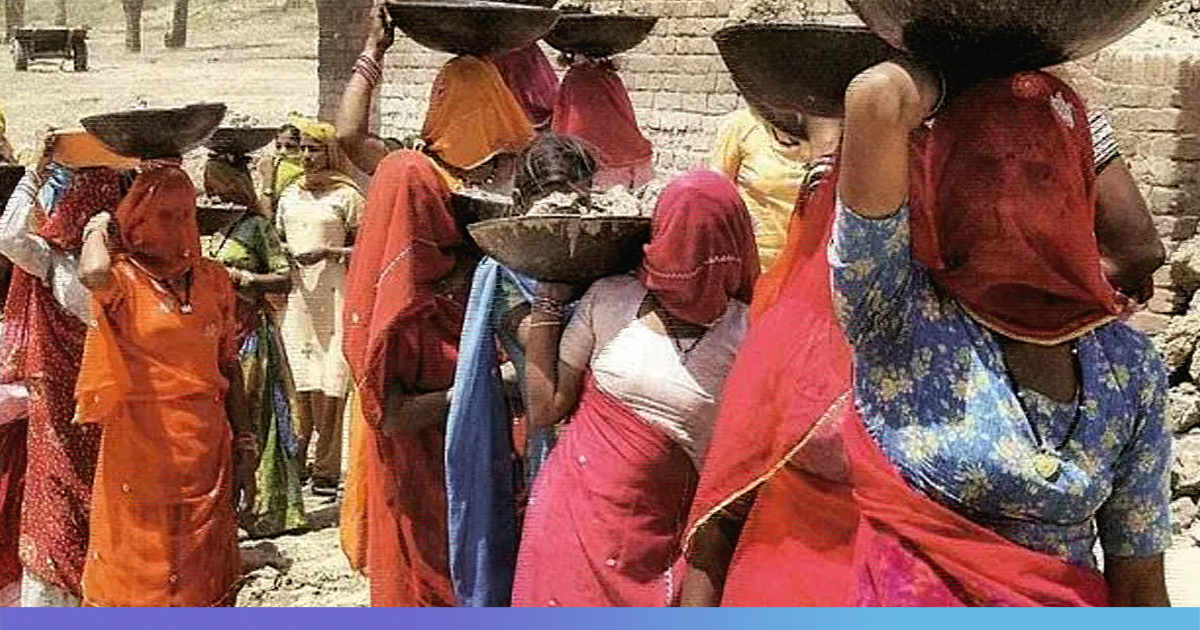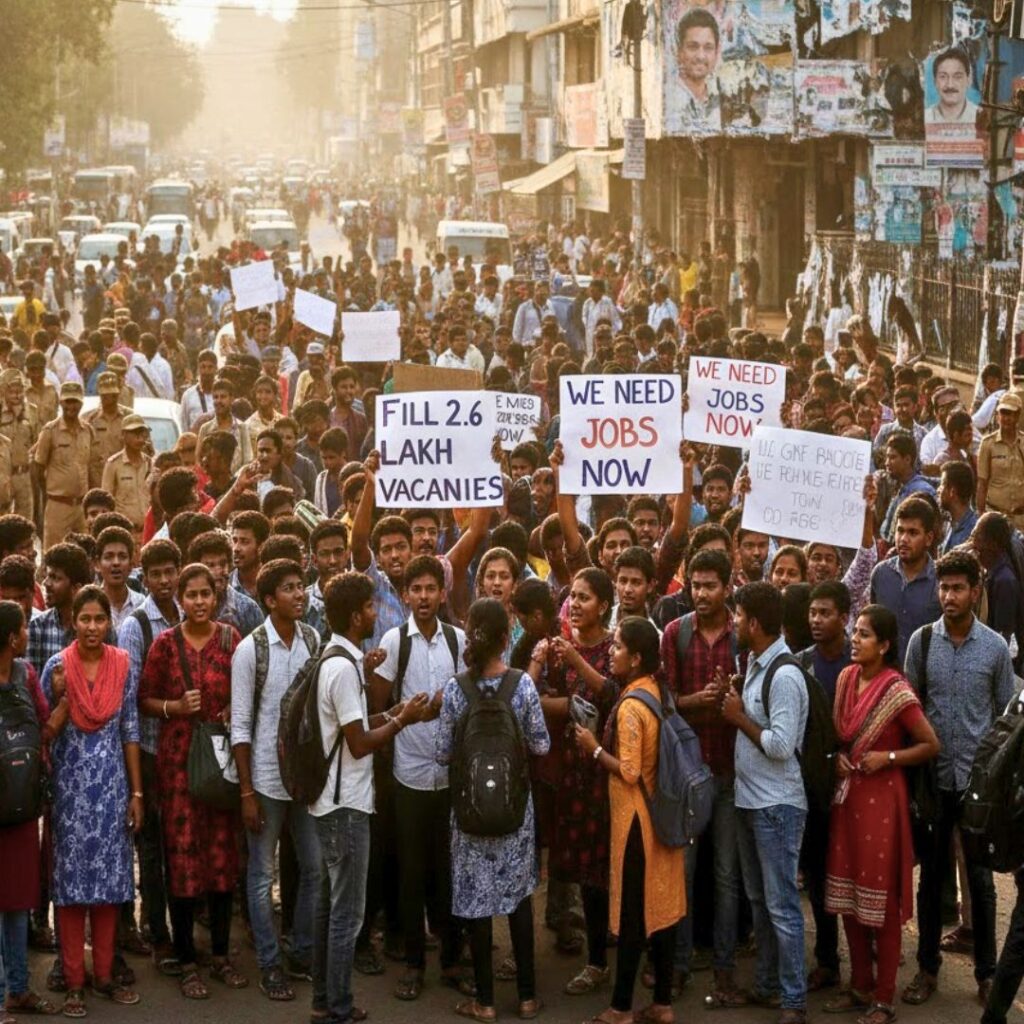Around 63 per cent of women work until the last day of their pregnancy before they deliver a child, revealed a Jaccha-Baccha Survey conducted across six north Indian states in June.
The survey was conducted by a research team led by economist-activist Jean Dreze, took place in – Chhattisgarh, Jharkhand, Odisha, Madhya-Pradesh, Himachal Pradesh, and Uttar-Pradesh. For the survey, 706 women – 342 pregnant and 364 nursing mothers who had delivered a child in the preceding six months were interviewed.
The survey noted that no help was available to 21 per cent of the nursing women for their household work during their pregnancy.
The survey revealed that 49 per cent of the women felt famished and exhausted during pregnancy due to lack of food and rest. This also substantiates the figure of 2 of 3 child deaths in India is due to malnutrition as it has become rampant in rural India.
The data also showed that the average weight gain amongst the rural women is 7 kilograms against the general norm of 13-18 kilograms with low Body Mass Index.
“In practice, we found that nursing women had spent close to Rs 6,500, on average, on their last delivery. This amounts to more than a month’s wages for a casual labourer, in the survey areas. One-third of these women’s households had to borrow or sell assets to meet the costs,” it is stated in the survey report.
However, institutional deliveries are supposed to be availed at no cost to all women in public health centres.
Studies showed that the lowest average weight gain of just 4 kilograms was recorded in Sonebhadra district in Uttar-Pradesh. Of the 64 pregnant women interviewed in Sonebhadra, 48 per cent had no idea on what to eat during their pregnancy.
Despite numerous schemes by the state and centre government in place, especially to aid rural women, including maternal health programme, the ill health continues to haunt the lower rung people.
Symptoms of weakness include swelling of feet (41 per cent), impairment of daylight vision (17 per cent) and convulsions (9 per cent) are highly common traits in pregnant ladies.
The research showed some respite for Odisha as it was noted that the reach of the scheme Integrated Child Development Services was comparatively better. Anganwadi children from 3-6 years of age are supposed to get eggs five times a week. Eggs are also distributed as a part of ration for younger children and pregnant and nursing mothers.













